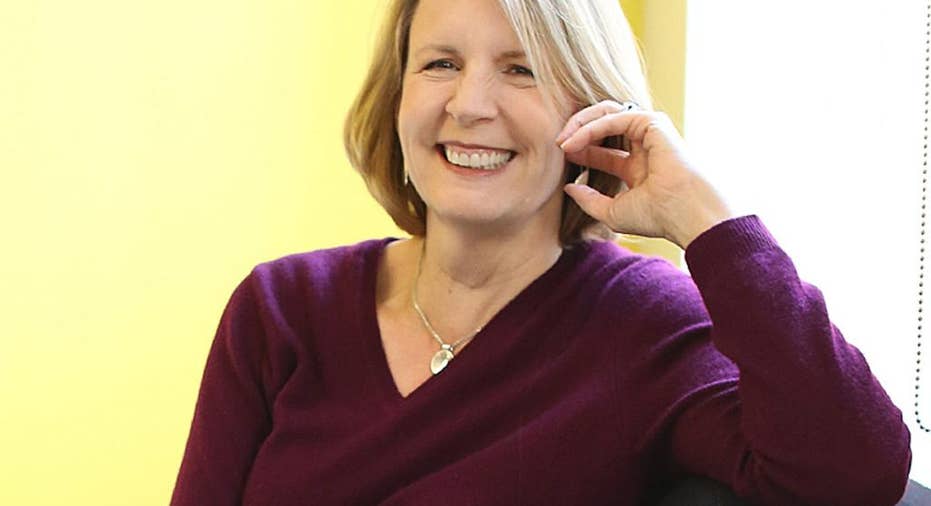Liz Weston: The never-ending car payment

Car payments have morphed from a temporary nuisance into a permanent part of many people's budgets. Whether that's a bad thing depends on what you do with the rest of your money.
One-third of millennial car buyers chose a lease last year, which helped push auto lease volume to a record of 4.3 million and 31 percent of all new auto purchases, according to market research by Edmunds.com.
"There is a greater percentage of people who view car ownership as a monthly payment like their cell phone or cable or Wi-Fi," says Jessica Caldwell, executive director of strategic analytics at Edmunds.com. "It's just the way we live our lives."
Lease payments are typically lower than monthly loan payments for the same car, and leasing is less expensive than buying new cars every two or three years. But leasing is far from frugal, especially compared with paying off a car within five years and owning it for a few more. People who lease don't get a break from payments or build equity toward the next purchase.
But younger buyers in particular are more likely to view cars as technology that needs to be continually upgraded, Caldwell says.
"It used to be cars didn't change that much in five years. Now they do," she says.
(Even Consumer Reports , which typically recommends buying over leasing, suggests leasing electric cars because the technology is changing so fast.)
Fear of repair bills contributes to the leasing trend as well. Many people would rather have constant payments and continually drive newer cars than be surprised by repair costs — especially in an era when 46 percent of households don't have $400 in savings to cover an emergency, according to the Federal Reserve .
"Your costs with a lease, while higher, are also more predictable," says Alex Klein, vice president for data science for Autolist, a new and used car search engine.
Younger buyers also are less convinced they'll need a car five years from now, Klein says.
"There's more flexibility about the idea of car ownership," Klein says. "In two or three years, I may get around in an autonomous Uber."
Millennial car owners plan to own their cars for less time than their Generation X predecessors, an Autolist study of 3,383 vehicle owners found. Forty-seven percent of those aged 25 to 39 in 2016 said they'd keep their cars five years or less, compared to 41 percent of those 40 to 54. One-third of the older crowd intended to keep their vehicles for 10 years or more, compared with just one-quarter of millennials.
Leasing certainly can be a better financial choice than some other financing options. Auto loans that stretch six years or more mean buyers often face big repair bills while they're still making payments. Buyers often owe more on the loan than the car is worth for most of the loan term, and interest rates tend to be higher than for shorter loans.
Too many of these buyers wind up trading in their cars before they've paid off their loans, rolling their negative equity into their next vehicle at even higher interest rates. Among car buyers who traded in a vehicle last year, 29.9 percent rolled an average of $5,193.79 in unpaid debt into their new loans, Edmunds.com found. A decade earlier, the comparable figures were 26.4 percent and $3,997.36 of negative equity.
If you're leaning toward leasing, here's what you need to keep in mind:
— Don't overspend. Any car payment, whether on a loan or a lease, needs to fit in with more important financial priorities such as saving for retirement and paying off debt. If your payment pushes your "must-have" expenses — such as shelter, transportation, food, utilities, insurance and other minimum loan payments — to over 50 percent of your after-tax income, you probably can't afford it. Consider buying a less expensive new car or a reliable older model instead.
— Have a cushion. Car repairs are typically covered under warranty when you lease, but you may face extra charges at the end for excessive mileage, bald tires or wear and tear, especially if you are not leasing another vehicle of the same make . If you've modified the vehicle in any way, those alterations have to be removed.
— Negotiate hard . Experts recommend that you negotiate the purchase price of the car as if you plan to buy it, and discuss leasing only after you get a firm price. Down payment, mileage allowance and after-lease purchase price can be haggled, as well.
______________________________________________________________________________________________________
This column was provided to The Associated Press by the personal finance website NerdWallet.
Liz Weston is a certified financial planner and columnist at NerdWallet. Email: lweston@nerdwallet.com. Twitter: @lizweston.



















